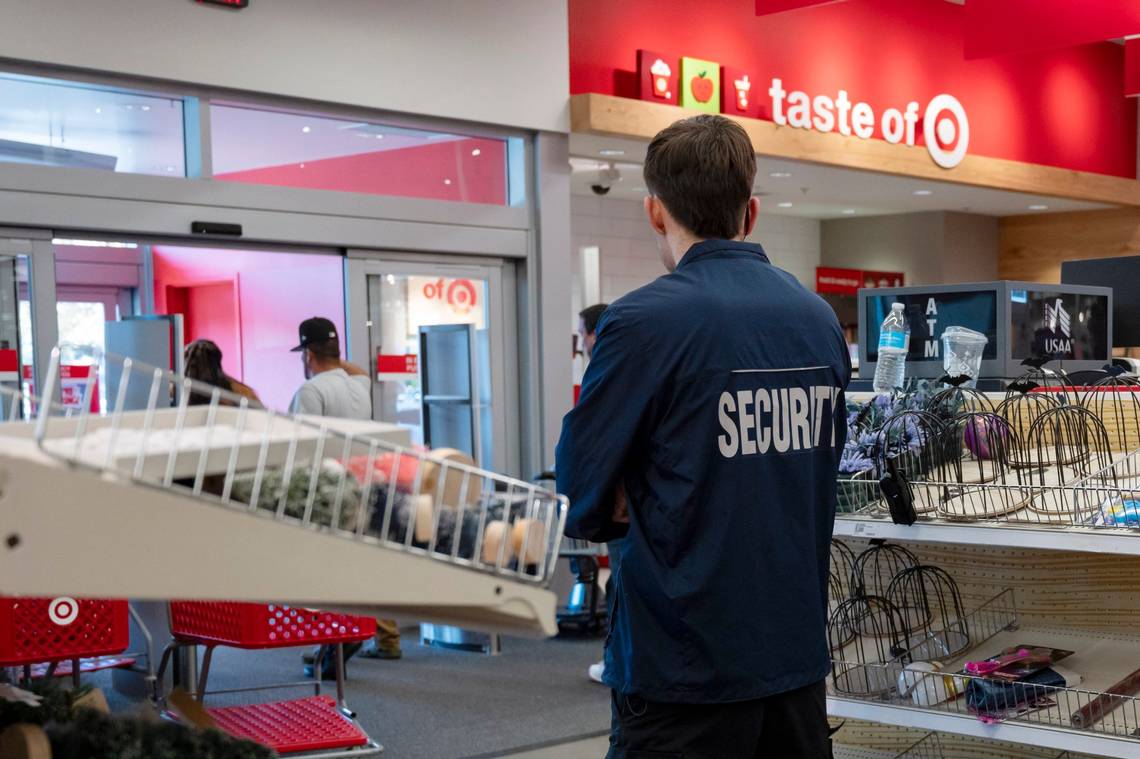“It is super inconvenient, and it also kind of destroys the shopping experience,” said Kate D. Gallagher, 30, of St. Paul, adding shopping at her nearby Midway Target can be a hassle with so many items under lock and key. “It feels like Target is treating its clients like criminals, and we’re not. We’re just customers.”
According to the National Retail Federation’s 2023 retail security survey, the average shrink rate for fiscal year 2022 was 1.6%, representing $112.1 billion in losses, an increase from the year prior but in line with 2020 and 2019. Shrink is made up of three main elements, per the survey: external theft, including organized retail crime; employee theft; and process, control failures, errors and other known and unknown problems.
To cut those losses, Target recently lowered its product value threshold for shoplifting intervention from $100 to $50. Many store employees avoid confronting thieves when there could be potential safety risks or large disturbances, but asset protection workers have specific training and protocol to help them make stops.
Fiddelke said smaller shrink was “one of the tailwinds” to Target’s recent profits, which shot up more than 40% in the past few months as compared to the same time last year.
Mueller lamented in an online review of his local Target how it “converted half the store into a museum of deodorant, toothpaste, laundry detergent, shampoos and vitamins.”
He — like Gallagher, who enjoys being able to freely compare products, look at ingredients and smell or feel items — will also venture to the suburbs for necessities. But not all shoppers will go out of their way after they are inconvenienced, said Brand Elverston, a risk mitigation consultant who used to work as an asset protection director at Walmart.

